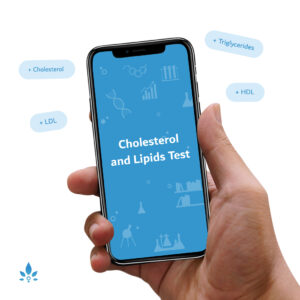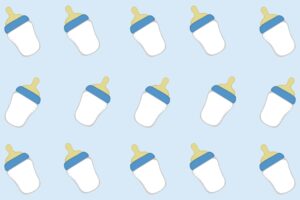Does Breastfeeding Hurt? Dealing With Painful Breastfeeding


One of the biggest concerns new mothers have with regards to breastfeeding is whether or not it will hurt. They’ve been told horror stories of excruciating pain, cracked and bleeding nipples, and biting babies. But is it all true?
Here is what you need to know about breastfeeding and managing any discomfort that may come with it. Use this guide as a means of preventing other tales of woe from getting in the way of a happy, healthy breastfeeding experience.
Should breastfeeding hurt at all?
It is normal to feel some soreness in the first few days. Anything worse than mild tenderness is not OK and you should seek assistance.
What kind of pain is not normal?
Any kind of pain that lasts the entire feed or is excruciating is not normal. Also, whilst mild discomfort for the first week is a common occurrence; if it continues past this, you should consider getting checked out by a medical professional. Finally, pain that is associated with nipple trauma (for example, cracked, bleeding nipples) is definitely not OK and you should seek help from a healthcare practitioner swiftly.
What might cause pain with breastfeeding?
A few things can cause pain and excessive discomfort, but it is often as straightforward as a shallow latch. Breastfeeding only works when your baby has a good deep latch and has not only the nipple but also some or all of the areola in his mouth. A latch that is too shallow means your baby is essentially chewing or biting on the end of your nipple which causes (you guessed it!) pain. A shallow latch can be due to flat or inverted nipples. Alternatively, your baby might have tongue-tie, a small mouth, recessed chin, or their palate may be unusually shaped. It can even be due to something as simple incorrect positioning of the baby and/or breast during feeding.
Breastfeeding pain can also be caused by underlying conditions, such as a nipple or breast infection (mastitis is the most common) or because of a condition known as vasospasm, which happens when the blood vessels constrict and spasm.
Do I just have to put up with it?
Certainly not! Whilst the soreness of the first few days will usually require no specific medical treatment, you can get comfort by using cooled gel pads on the nipples as well as nipple cream.
Any other pain should be evaluated and treated, ideally as soon as possible, to avoid prolonged pain, possible infection from open cuts and reduced milk supply. Seeking help might mean that you can continue breastfeeding, rather than switching to formula feed.
You should seek medical advice to solve this problem.
Your doctor, midwife or a lactation consultant will first of all record details about the type of pain and how persistent it is. They will ask about how your breastfeeding experience has been to date. After this, you and your baby will be examined; the inside of your baby’s mouth and tongue will be checked to identify whether there are any structural issues. The baby’s weight will be taken and compared to birth weight and a feed might be observed.
The solution will depend on what issues are identified; for example, a simple procedure to relieve tongue tie, the recommendation of different nursing positions to get a better latch, the prescribing of medicated ointments to treat the nipples and/or the use of a nipple shield to ease the discomfort; are some of the most common treatment options.
The first few days and weeks after the birth of a child is an emotional time. It is important that you take the chance to rest and seek support and advice when needed, so that you can enjoy this precious time with your newborn.
Powered by Bundoo®












































